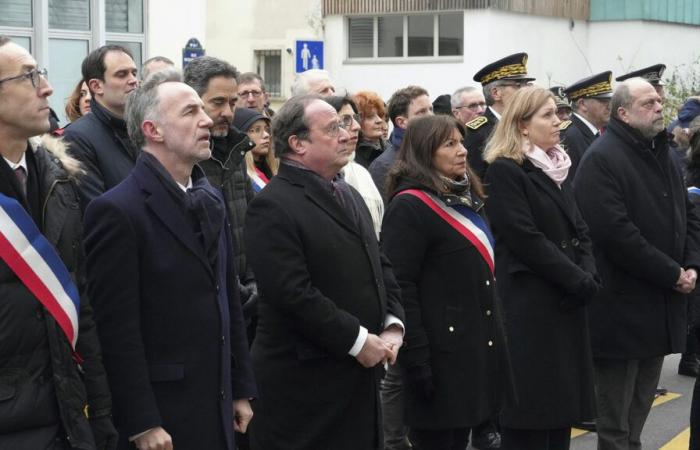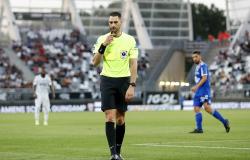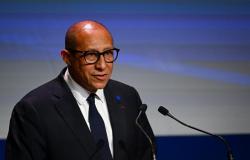
President Emmanuel Macron and Paris Mayor Anne Hidalgo presided over solemn tributes at the site of the attack, where 12 people, including some of France's most beloved cartoonists, were killed on January 7, 2015. The dignitaries praised the memory of Ahmed Merabet, a police officer shot dead in the street.
The massacre, carried out by two brothers claiming to be al-Qaeda, marked the start of a new dark era for France, as a wave of extremist violence pushed the country to reassess its security priorities and its commitment to freedom of expression.
Speaking on the occasion of this anniversary, Interior Minister Bruno Retailleau painted a gloomy picture of France's current security landscape.
“France has rearmed considerably, but the threat is still there,” he warned during an interview on the RTL set, referring both to external dangers and a worrying rise in local radicalization.
“The nature of the threat has mutated,” explained Mr. Retailleau. It is now mainly endogenous: it is the radicalization of increasingly young individuals, who are radicalized on social networks.
“Last year alone, our services foiled nine attacks, the highest number since 2017,” he revealed.
Mr. Retailleau stressed that recent attacks at public gatherings in Germany and New Orleans are grim reminders of why France must maintain “maximum vigilance.”
The attack on “Charlie Hebdo,” carried out in retaliation for the weekly’s irreverent caricatures of the Prophet Muhammad, sparked global debates about the limits of freedom of expression.
In the days that followed, millions of people demonstrated in solidarity, holding pens and signs to declare: “Je suis Charlie” – a rallying cry for press freedom and defiance against extremism.
But ten years later, the unity of that moment was shattered. French commentators say younger generations are increasingly critical of satire, which they view as divisive or insensitive, particularly towards marginalized communities.
“Charlie Hebdo” itself makes no apologies. Its 10th anniversary edition features a caricature on the cover of a reader perched on an AK-47, with the caption: “Incredible.” In an editorial, the director of the magazine, Laurent Sourisseau, known as “Riss”, defends the power of satire.
“If we want to laugh, it’s because we want to live,” he writes.





